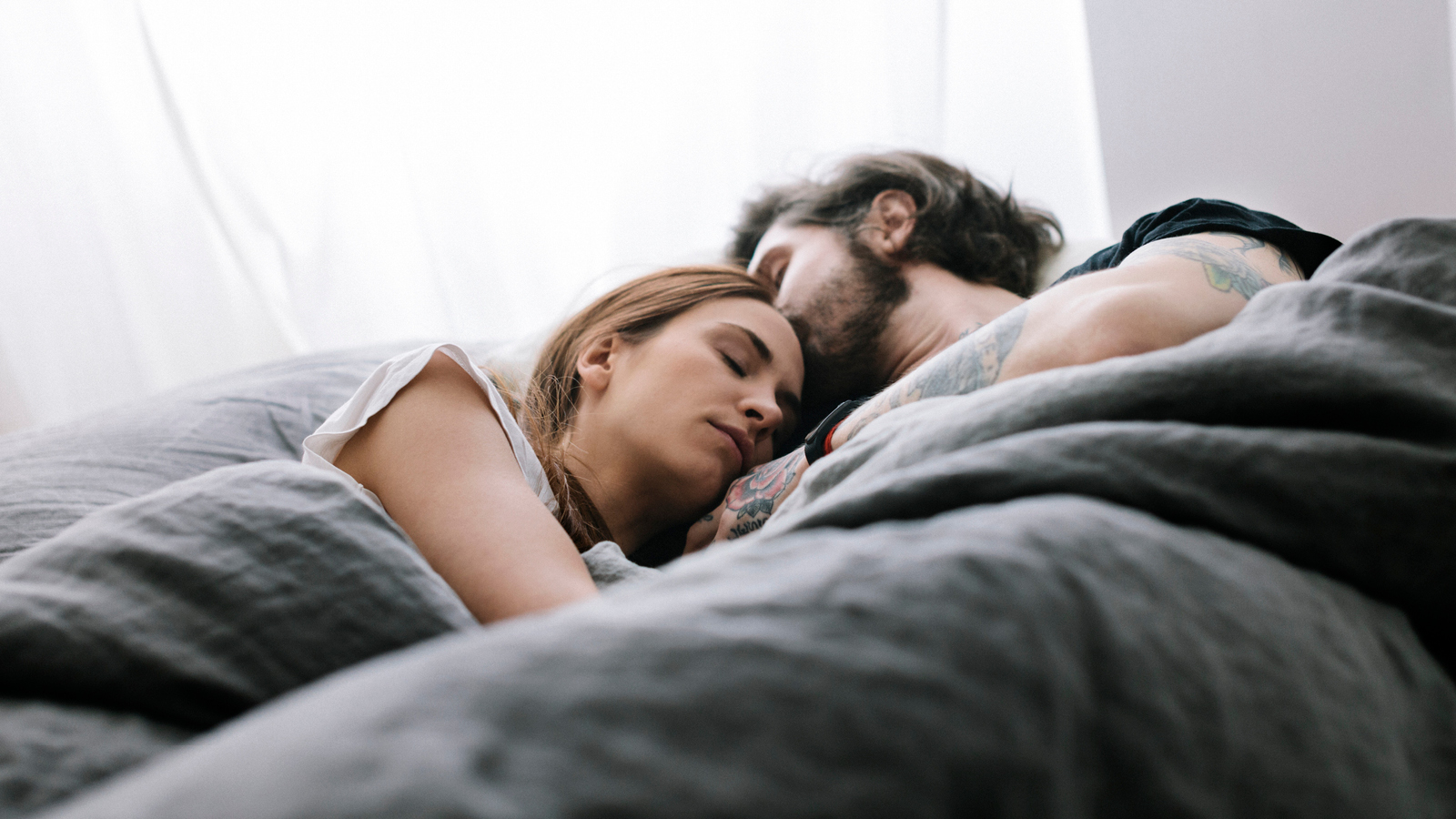
Having trouble dropping off at bedtime? Here are some of our top tips for getting a good night’s shut-eye.
We all need a good night’s sleep. It helps us recover, sets us up for the day ahead and is essential to our health and wellness in so many different ways, both mentally and physically.
As well as being vital for healthy brain function and emotional wellbeing, our energy levels, appetite, immune system, alertness and safety are all inextricably linked to sleep. Which is also why a lack of sleep can be such a problem.
Sleep issues
If you’re not sleeping enough, or the quality of sleep you’re getting is poor, it can lead to some pretty serious issues. For a start, feeling tired slows down your reaction times, increasing your risk of accidents at home, work, out and about or behind the wheel.
Lots of research also strongly suggests that prolonged poor sleep can lead to life-threatening conditions such as depression, heart disease, high blood pressure, diabetes and stroke, to name but a few.1
The good news is, however, that there are plenty of things you can do to help improve your sleep and prevent things ever going this far.
Here are some of our top tips to help you sleep better at night, and add some pep to your day:
1) Get a routine
Our bodies crave consistency, so try to get regular with your sleeping habits. Go to bed and get up at around the same time each day, including weekends if you can – even if you haven’t slept well the night before. Your internal body clock will thank you for it. And remember, having a consistent routine also includes…
2) Wind down before bedtime
How you prepare for sleep can be just as important. Take time to wind down with some gentle activity – reading, taking a bath, some simple breathing exercises, perhaps, or listening to music or a podcast. Drinking a warm glass of milk can also help as it contains tryptophan, a natural sleep inducer.2 Whatever it takes to calm your mind ready for some relaxing shut eye.
3) Create a restful environment
In other words, get your bedroom all set up for sleep mode. Make sure it’s dark, quiet and cool (between 15°-20°C is ideal), and ensure your sheets, duvet and pillows are clean and comfortable. Also try to keep your bedroom a haven for sleep and intimacy only – a welcoming place you look forward to visiting.
4) Manage your worries
Stressing about what’s happened today or what you have on tomorrow? Give it a rest, literally. Problems can often seem more daunting at night, so try not to think about them. Jot them down then let them go, they’ll wait until morning when you’re not so tired. And they may not be as bad as you feared in the light of day - especially after a good night’s sleep.
5) Stay active during the day
It’s a fact that regular exercise helps you sleep better, so why not start early? A brisk morning walk is a great way to feel refreshed and set up your day, but a lunchtime stroll or gym visit could equally do the trick. Just don’t over-exert yourself closer to bedtime (within three hours, say), as it could wake your body up and actually impinge upon your sleep quality.
6) Limit your daily naps
Love your little Nana naps? Many people do, especially as we get older. We’re not saying don’t do it, just keep them short – 20 or 30 minutes is perfect – before you settle into a deeper sleep and wake up all groggy. Alternatively, when you feel tired in the afternoon, try doing the opposite – take a short walk, drink some water, or have a chat with a mate. It might help you overcome those forty winks.
7) Ditch the devices
We all love our phones, tablets, computers and TVs, but try to avoid exposure to them within the last hour before bedtime. The blue light emitted by their screens can trick your body into thinking it’s still daytime, which can mean your sleep pattern is knocked out in turn.
8) Cut down on stimulants
Last but by no means least, we come to stimulants - the triumvirate of alcohol, nicotine & caffeine. Again, try to avoid them too close to bedtime, especially alcohol. It may help you feel sleepy and drop off initially, but your quality of sleep may suffer.3
We hope some of these tips may help. Please remember, sleep is important, so if your restless nights or insomnia last for a month or more, be sure to visit your doctor or health professional for advice as soon as possible. Don’t just sleep on it.
Reference:
1 https://www.healthline.com/health/sleep-deprivation/effects-on-body
2 https://www.healthline.com/health/tryptophan#health-benefits
3 https://www.sleepfoundation.org/nutrition/alcohol-and-sleep
Other reference:
https://www.rymanhealthcare.co.nz/lifestyle/health-and-wellbeing/top-10-sleep-tips/
https://www.healthnavigator.org.nz/healthy-living/s/sleep-tips/
https://www.mayoclinic.org/healthy-lifestyle/adult-health/in-depth/sleep/art-20048379
https://www.webmd.com/sleep-disorders/ss/slideshow-sleep-tips
https://www.helpguide.org/articles/sleep/getting-better-sleep.htm
